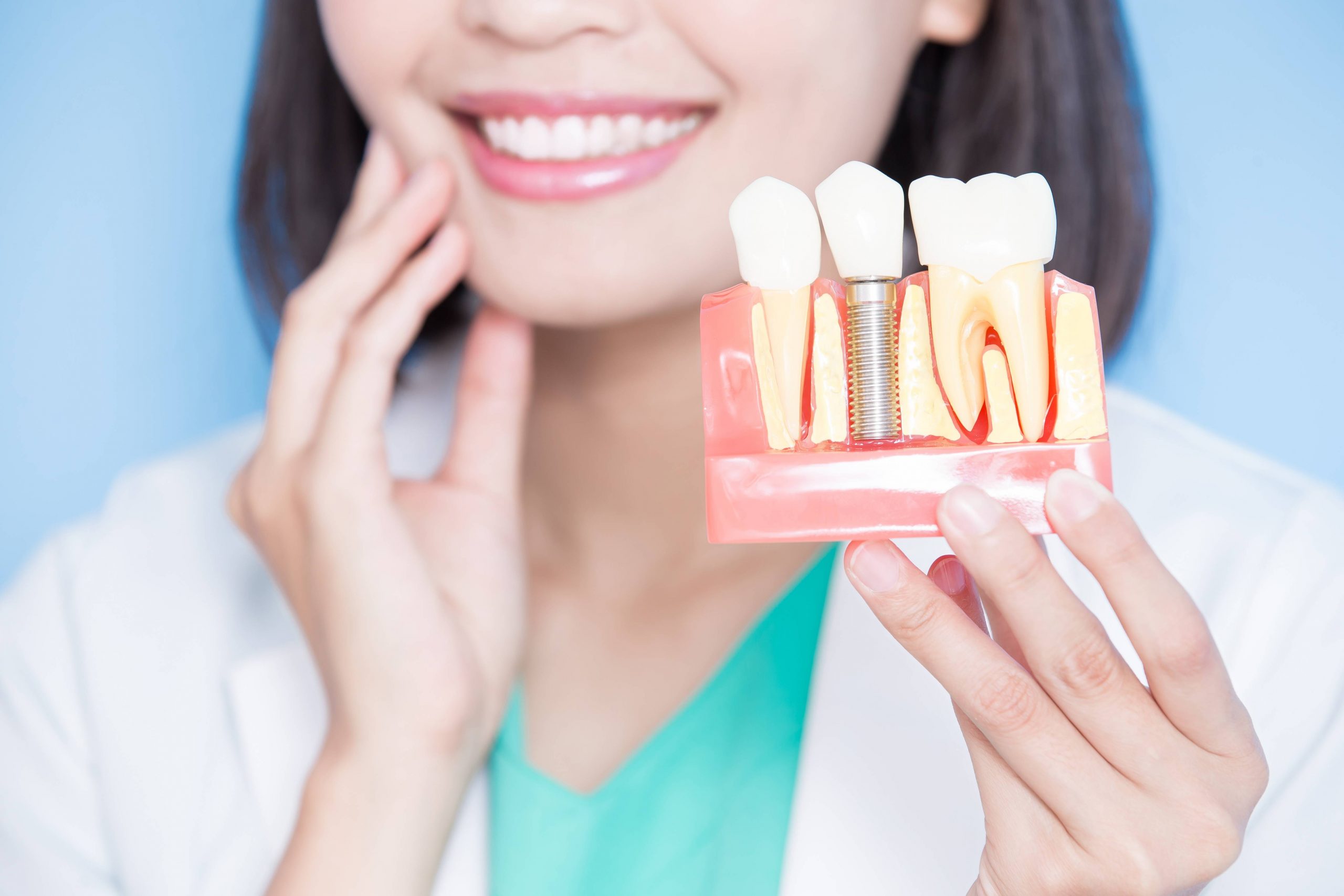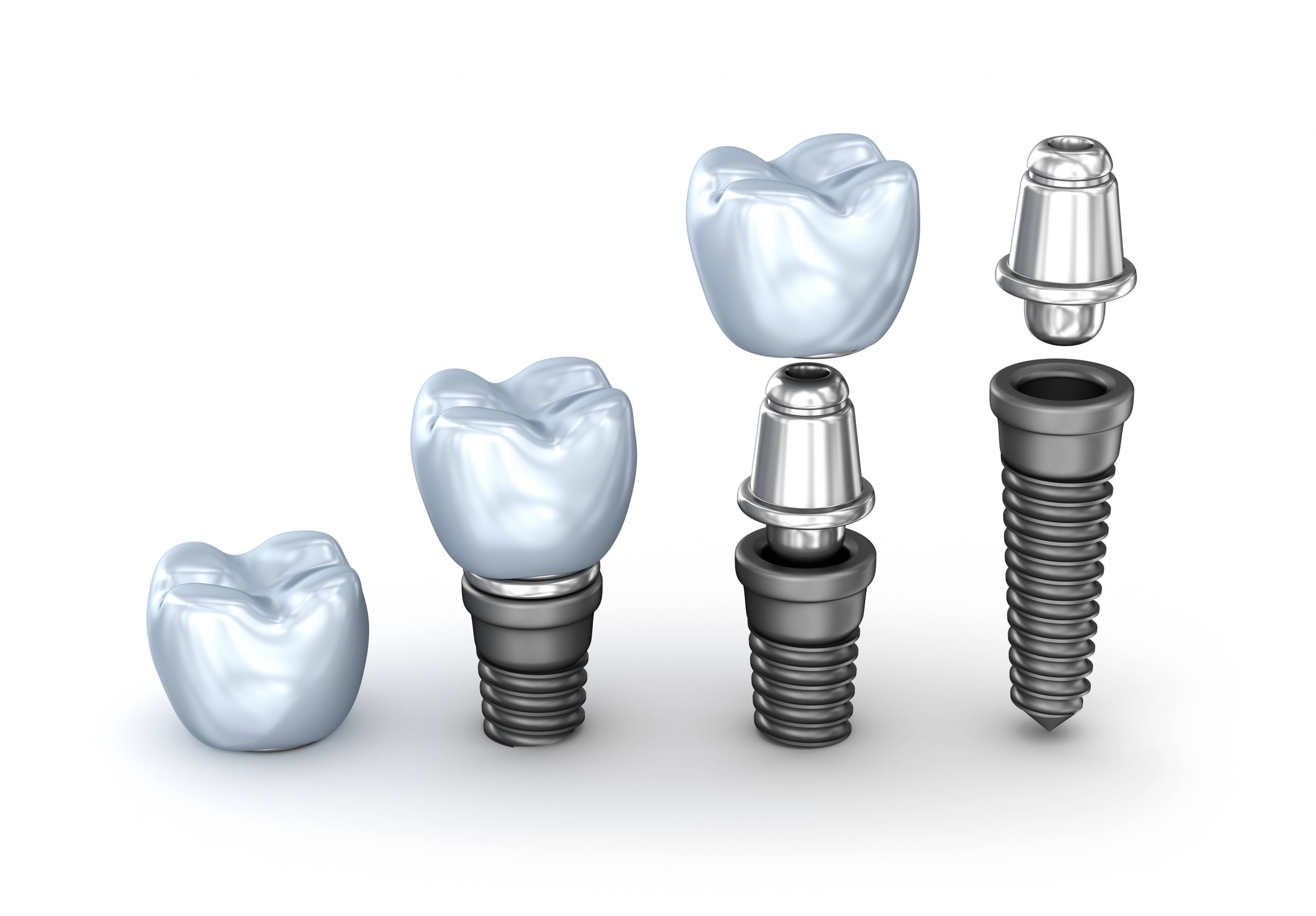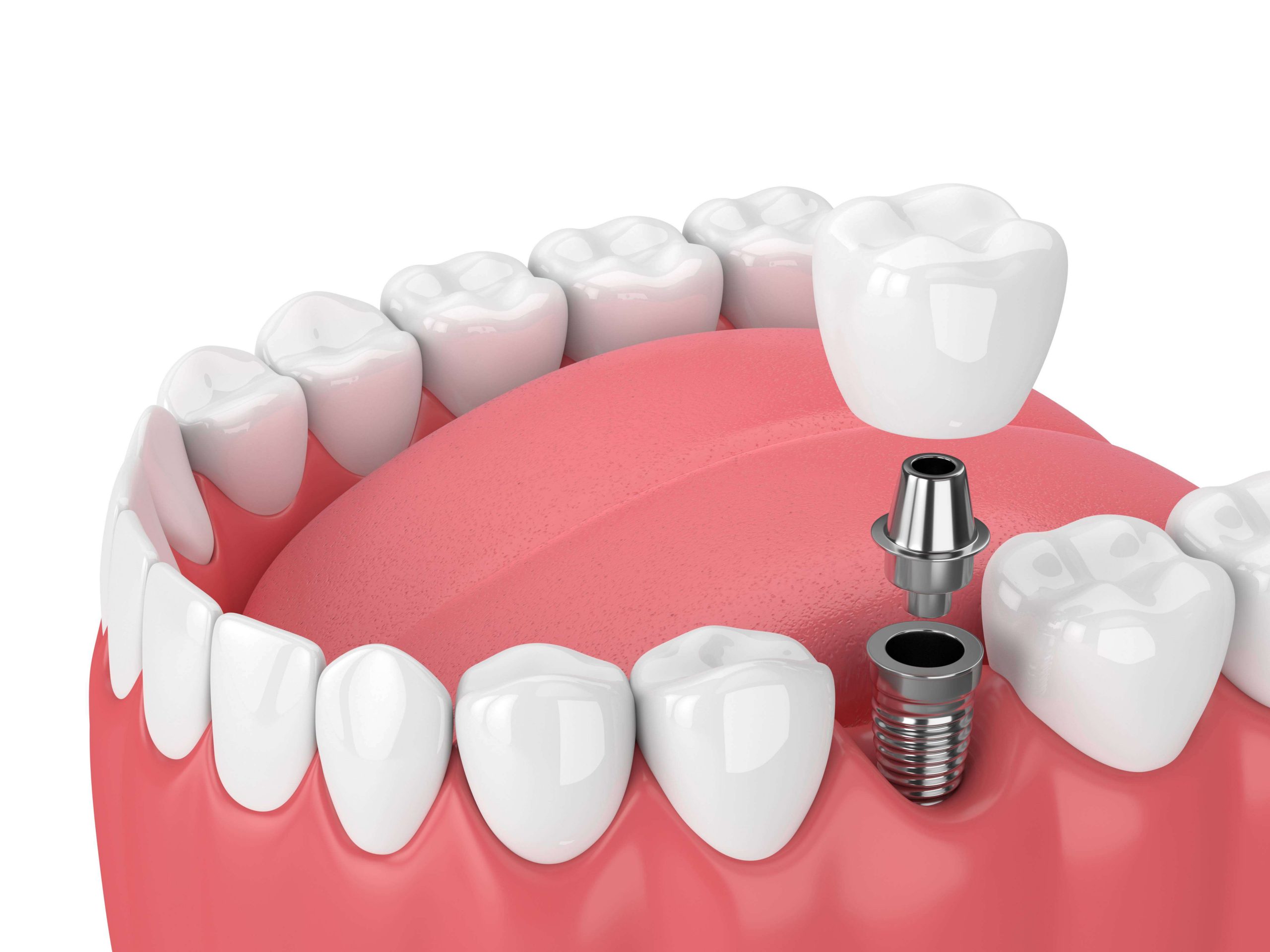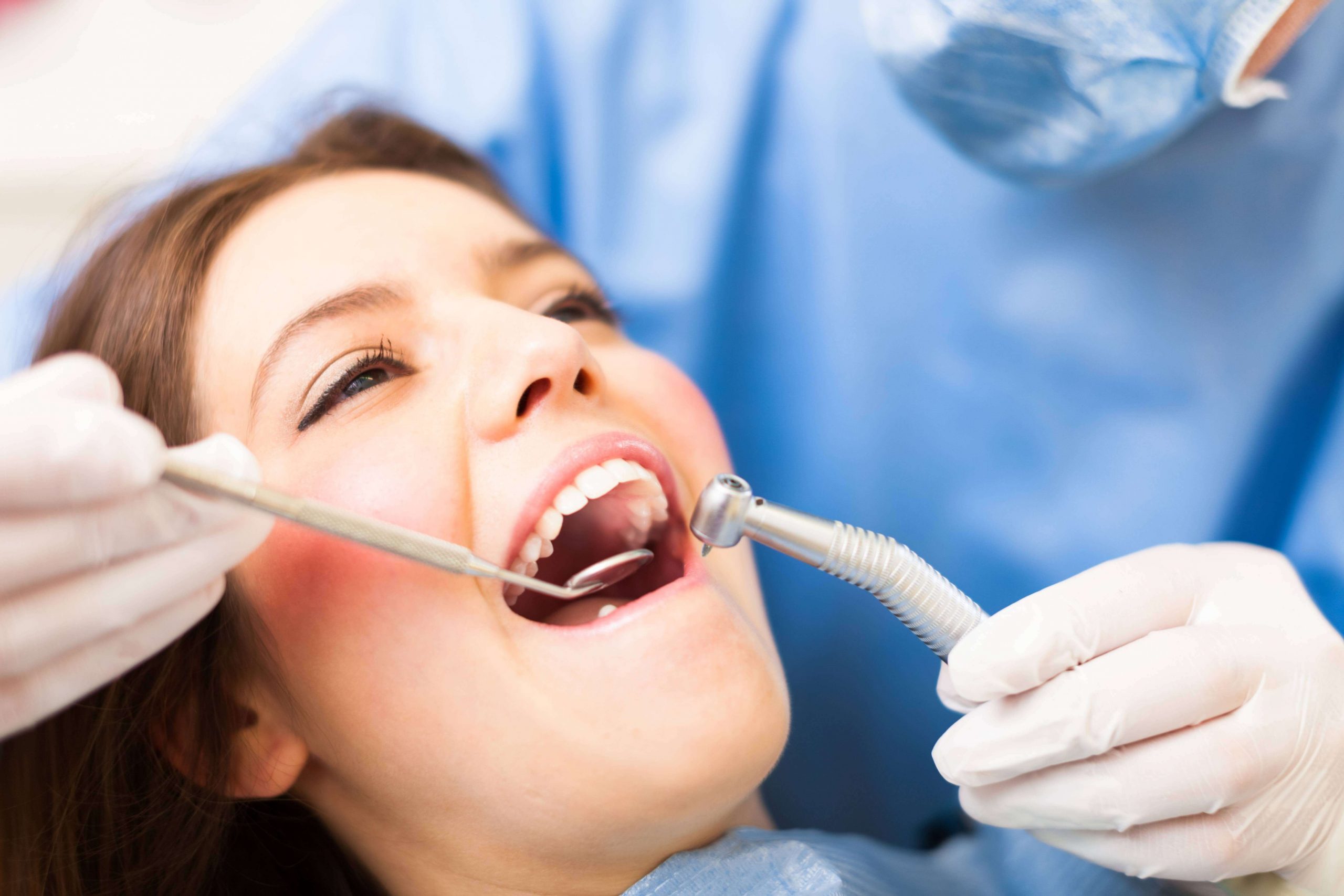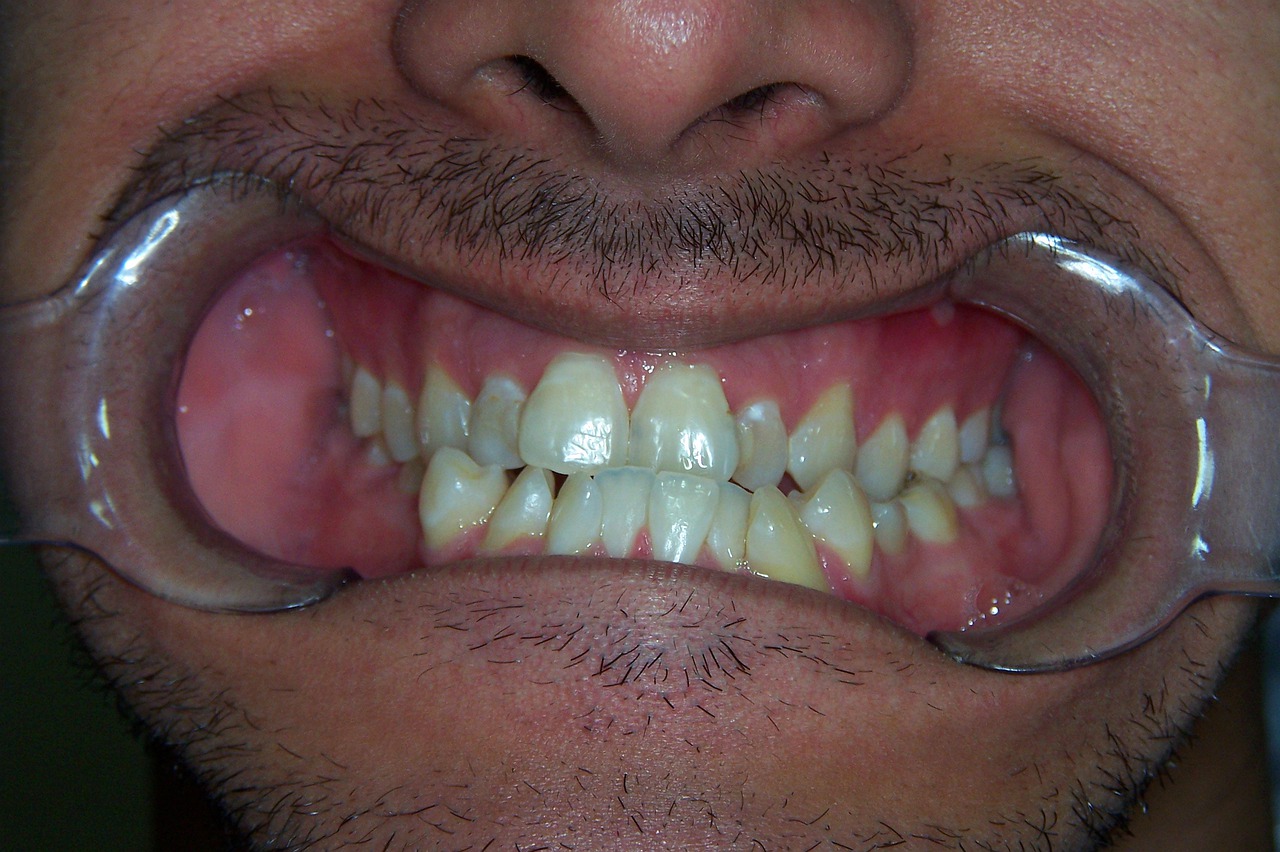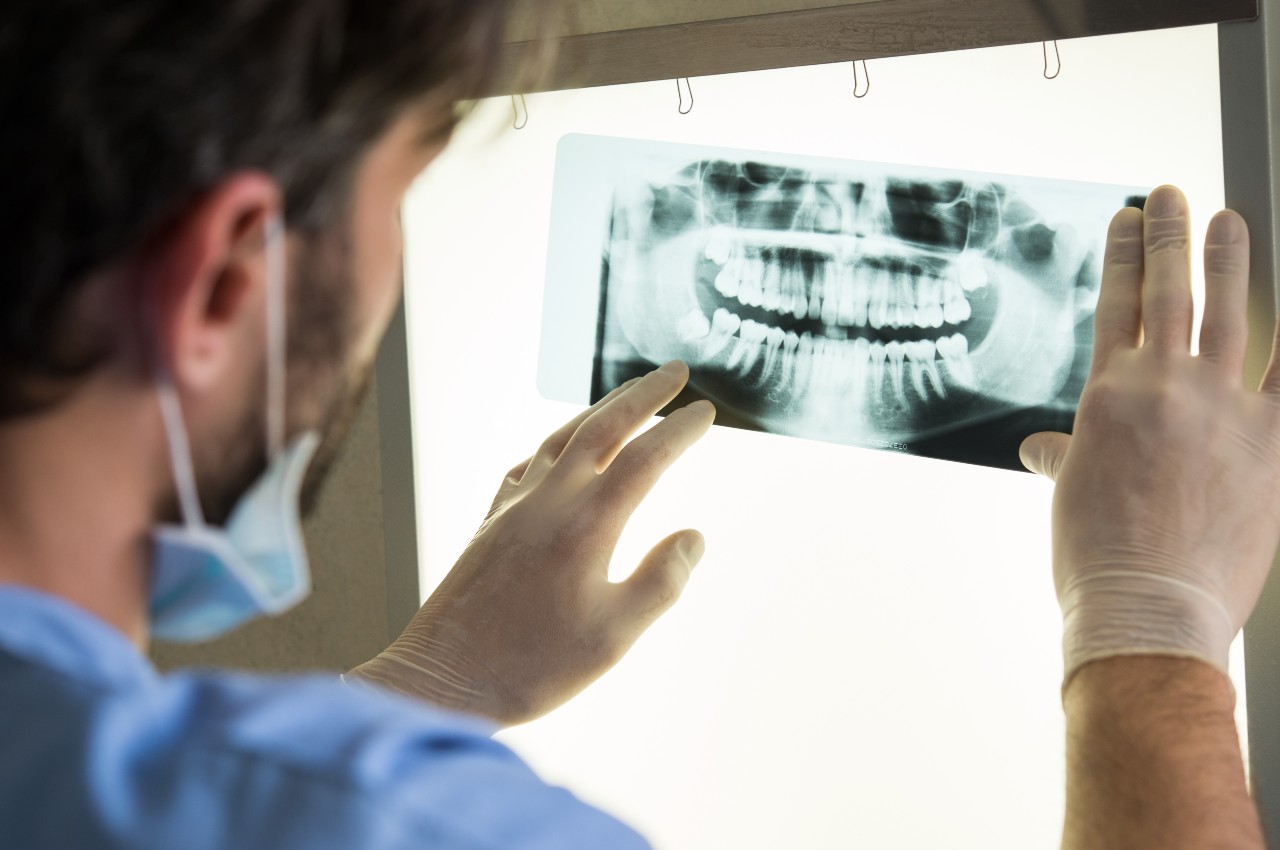What is a Dental Bridge?
A dental bridge is a restorative dental treatment designed to replace one or more missing natural teeth. Unlike removable prosthetic appliances, bridges attach permanently to surrounding teeth and do not require removal for cleaning. They are custom-made for each patient, providing a natural and realistic appearance. Fixed bridges are typically long-lasting, and in most cases, can function effectively for many years before requiring replacement.
Benefits of Dental Bridges
Dental bridges are widely available and can provide numerous benefits for those who need them. Here are some of the advantages of getting a dental bridge in El Paso:
- Restored Functionality: Missing teeth can affect the way you eat, speak, and even smile. A dental bridge can restore your ability to do these things properly by filling in the gaps left by missing teeth.
- Improved Appearance: A dental bridge can also improve the appearance of your smile by filling in gaps and giving you a more uniform appearance. This can boost your confidence and self-esteem.
- Maintaining Facial Structure: Missing teeth can cause your cheeks and lips to sag, making you look older than you are. A dental bridge can help maintain the structure of your face and prevent this from happening.
- Preventing Shifting Teeth: When you have missing teeth, the surrounding teeth can shift out of place and cause problems with your bite. A dental bridge can prevent this from happening by filling in the gaps and keeping the surrounding teeth in their proper positions.
- Long-Lasting Solution: Dental bridges can last for many years with proper care and maintenance, making them a reliable and cost-effective solution for missing teeth.
- Easy Maintenance: Dental bridges are easy to maintain and can be cleaned just like your natural teeth. Brushing twice a day and flossing daily can help keep your dental bridge in good condition.
- Improved Chewing Ability: With missing teeth, you may find it difficult to eat certain foods. A dental bridge can restore your ability to chew properly, allowing you to enjoy a wider variety of foods.
- Enhanced Speech: Missing teeth can affect your ability to speak clearly. A dental bridge can help improve your speech by filling in the gaps and allowing you to form words and sounds more effectively.
Dental bridges are an effective solution for restoring the appearance of your smile, as well as improving functionality. They can also prevent the surrounding teeth from shifting out of position, which can lead to crowding and misalignment.
If you’re considering getting a dental bridge in El Paso, Texas, there are many benefits to be gained. From restoring your ability to eat and speak to improving your appearance and maintaining facial structure, dental bridges are a reliable and effective solution for missing teeth. Consult with one of our 915 Smile Studio dental professionals to see if a dental bridge is right for you.

